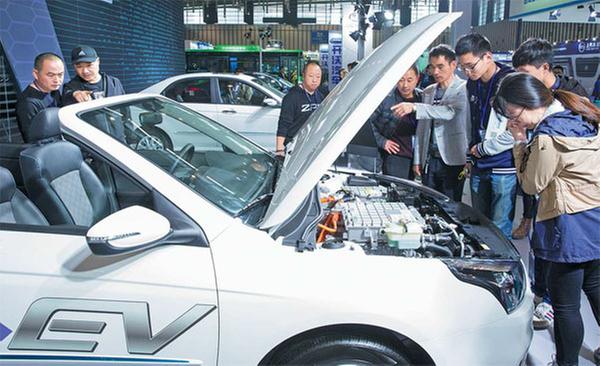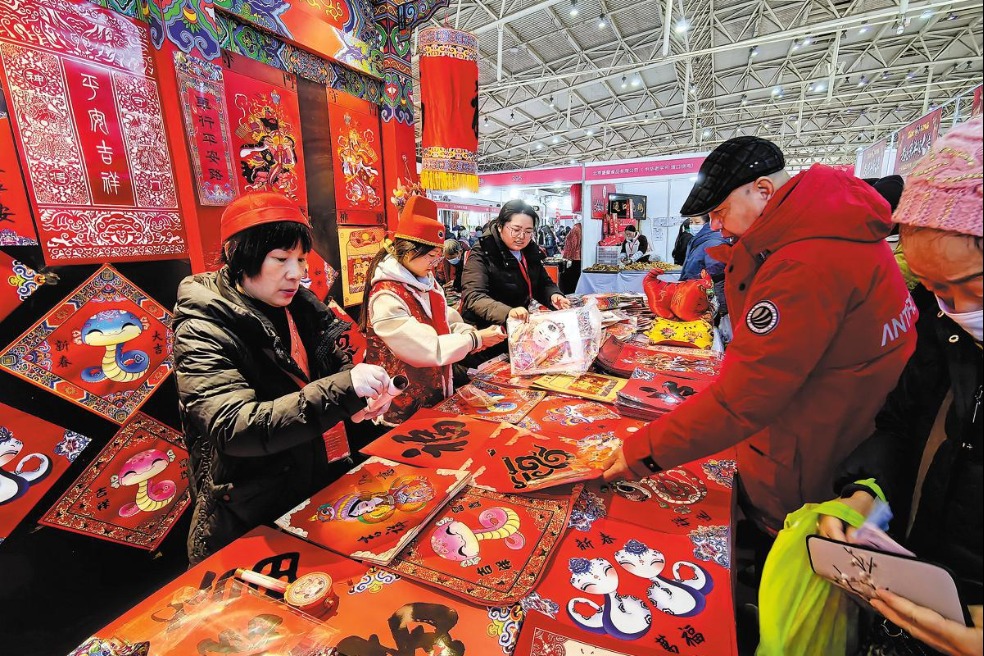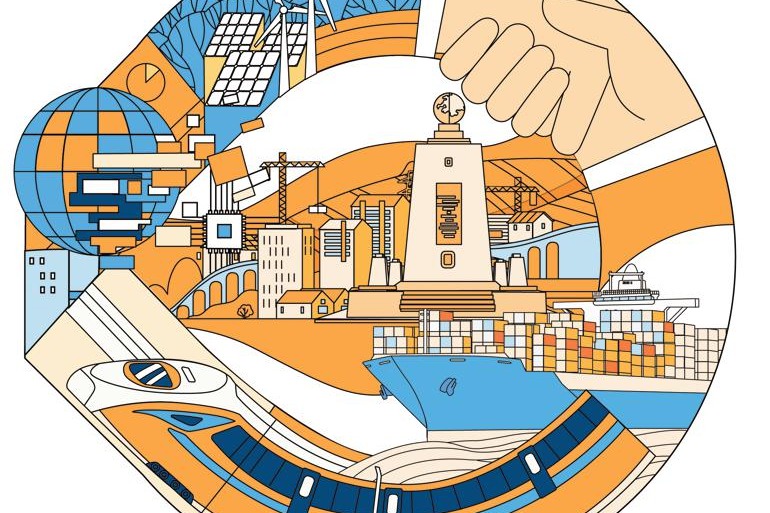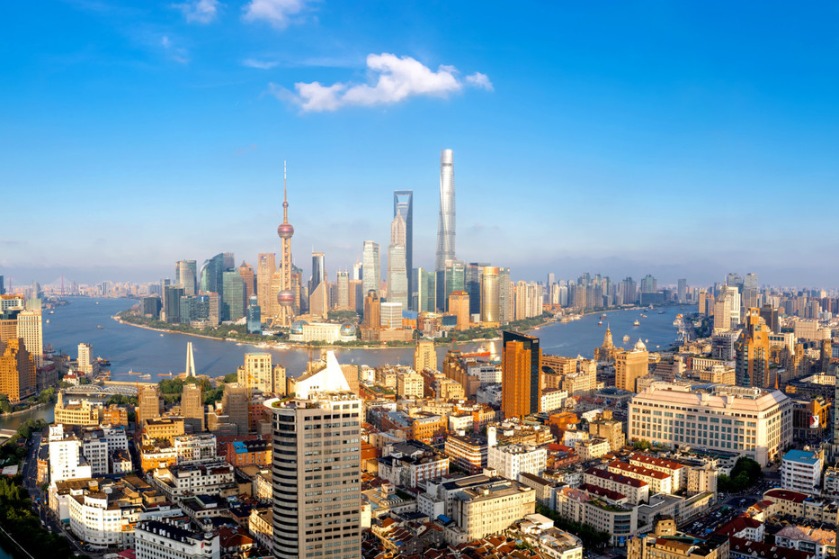A boon, but also a bane

 |
| Visitors look at a new energy car during an auto show in Nanjing earlier this month. Su Yang / For China Daily |
While bringing people greater convenience, the number of automobiles on the roads has also given rise to problems such as ever-growing congestion, parking difficulties and uncivilized driver behavior, not to mention the pollution they cause.
The popularization of cars has exerted an all-round influence on Chinese society, expediting the pace of society and changing people's lifestyles. Yet although some developed countries are experiencing similar problems, the remarkably rapid increase in car ownership in China has caused the negative side effects to be concentrated in a shorter period of time, exacerbating the problems.
The growing number of privately owned vehicles on the roads is an important indicator of Chinese society's increasing prosperity. However, owning a car does not mean a person has automatically mastered civilized driving habits, and to cultivate better driver behavior is a necessary step needed to enter a civilized auto society built on compliance with the rules.
Many of the problems China now suffers in the era of the car are not due to the lack of specific rules of the road, but drivers' failing to abide by the rules already in place. The incidence of traffic accidents and congestion have largely proved to be related to the degree drivers ignore the traffic rules. Bad driving habits not only cause and worsen traffic jams, but also increase the probability of accidents and road rage.
Poor road planning, manifested in an excessive obsession with building wide roads rather than road networks, also contributes to the current traffic woes.
For some, car ownership is a symbol of status and wealth. However, only in a society with civilized driving habits and proper road management will owning a car make people's lives better.
-WEST CHINA CITY DAILY


































